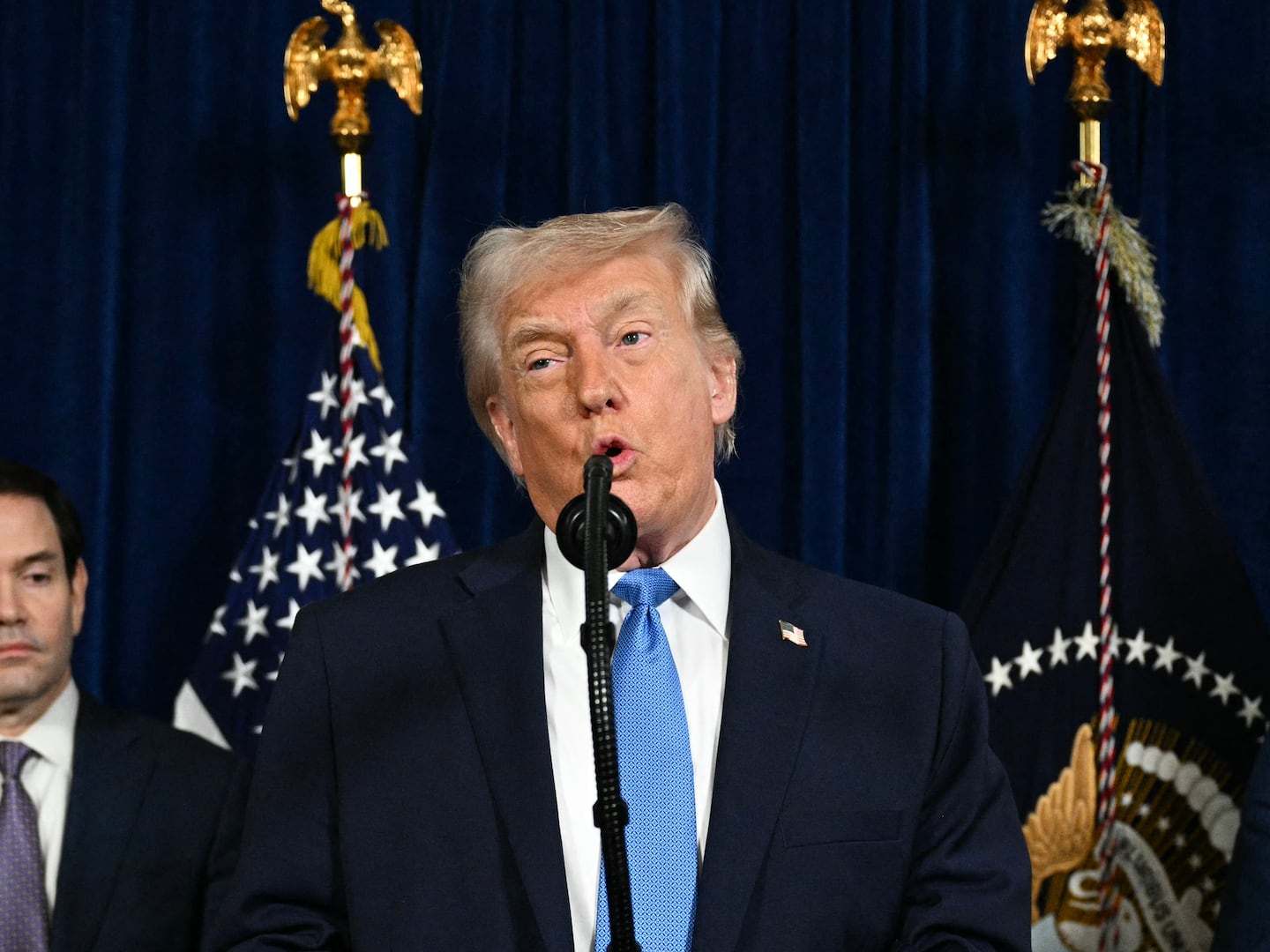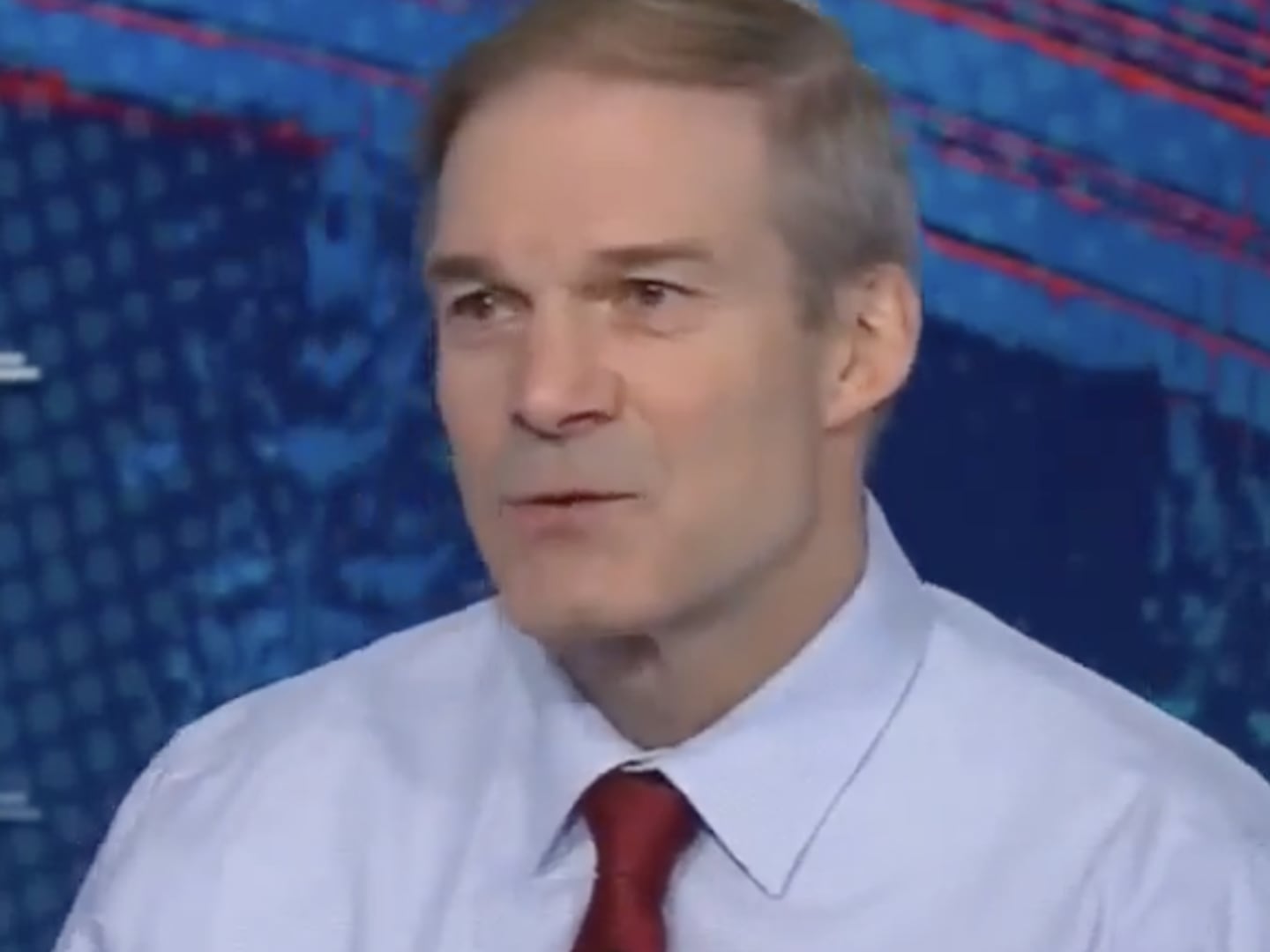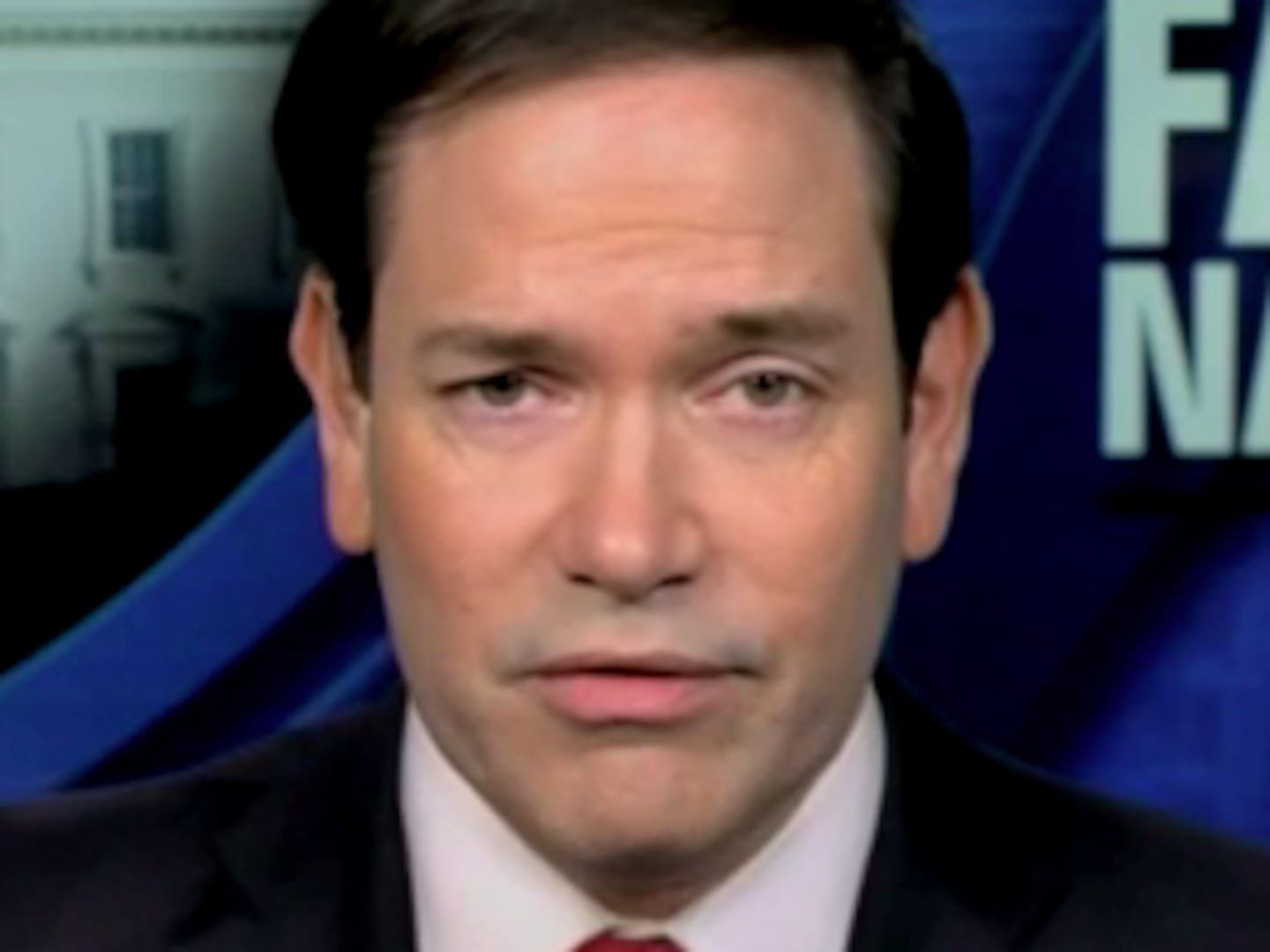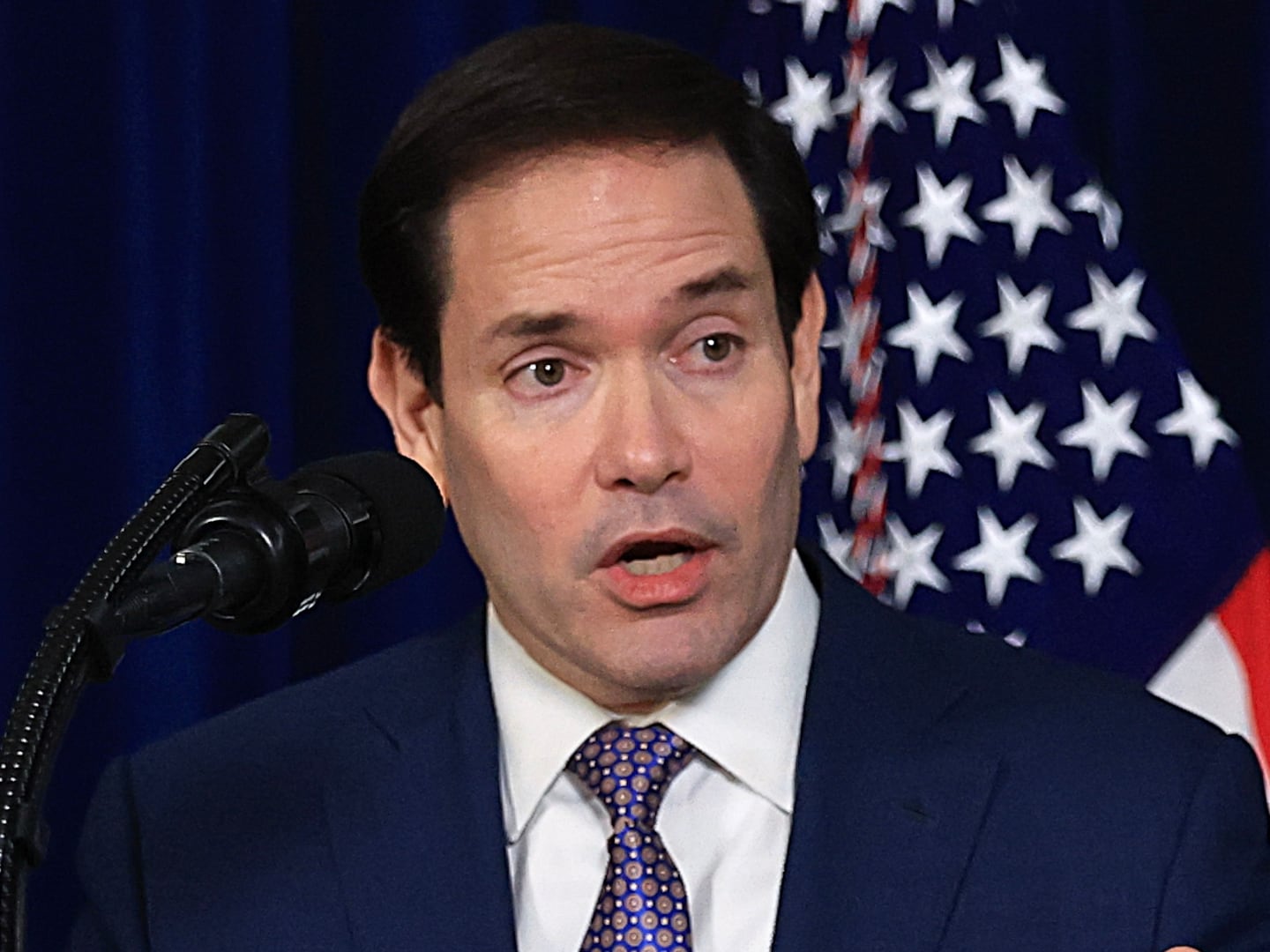What I want for Christmas is a new Republican Party. Or I’ll take the old Republican Party of Ronald Reagan, George H. W. Bush, or George W. Bush. What I don’t want is the Republican Party we have today. As former George W. Bush and John McCain adviser Nicolle Wallace said, “I’m just tired of the Republican Party being the Stupid Party.”
All sanity seems to have left the ranks of those in charge of the GOP—or, more accurately, those who want to be in charge. Rep. Tim Huelskamp (R-Kan.) demonstrated in a jaw-dropping performance Thursday on Morning Joe the depth of the problem and why we are bound to go over the fiscal cliff. He made it clear he won’t vote for a tax increase on anyone, no matter how much they make. So, by his logic, we will end up going over the cliff, and raise taxes on everybody, because he and too many others like him in the party are unwilling to raise taxes on anyone. This intransigence will also make a core Republican tenet of broader tax reform more difficult to pursue because the new Congress will then be fixated on smaller bore issues like fixing the rates.
And so voters look at the “negotiations” and see on one side the president—the guy who just won the election by a substantial margin—willing to compromise by lowering his revenue target from $1.6 trillion to $1.2 trillion and moving the goalpost for tax-rate increases from $250,000 a year to $400,000 a year. And on the other side, they see Republicans like Huelskamp responding with a one-finger salute to everything.
But there’s more. Huelskamp’s response to the Newtown tragedy? No need to change any gun laws. (Not even better enforcement of the laws we have?) And those who suggest any changes are simply “politicizing” the situation to fit their political agenda. Was George W. Bush “politicizing” 9/11 when he created the Department of Homeland Security? If so, then by all means shouldn’t we “politicize” in the wake of a national tragedy?
Other Republican elected officials said they wanted to wait to see what the National Rifle Association had to say. On Friday, Wayne LaPierre delivered. No new gun laws, but how about an armed guard in every school, because “the only answer to a bad guy with a gun is a good guy with a gun.” Then LaPierre went on to blame every other facet of our culture for the problem. Now, I don’t disagree that much goes into the cultural equation causing violence, and much needs to be considered to address the root causes, like mental health and violent media. But in 2008, the U.S. reportedly recorded 11,000 gun-related deaths, and Japan recorded 11—and I believe the Japanese play video games. So maybe we should at least include guns in the discussion.
Now, I don’t think more security in our schools is necessarily a bad idea. But it begs the question of funding and federalizing local control of schools, two concepts deeply out of vogue with Republican orthodoxy. And reality.
But here’s the deeper point and the bigger problem for the GOP. Increasingly, it is becoming clear that the party is against everything and for nothing.

Nothing on taxes. Nothing on gun control. Nothing on climate change. Nothing on gay marriage. Nothing on immigration reform (or an incremental, piece-by-piece approach, which will result in nothing). It’s a very odd situation when the losing party is the party refusing to negotiate. It may be how you disrupt, but it is not how you govern, or how you ever hope to regain a majority.
And so, we have a Republican Party today willing to eliminate any prospect for a decent future for anyone, including itself, if it cannot be a future that is 100 percent in accordance with its core beliefs and principles. That’s not governing. That’s just lobbing hand grenades. If you’re only standing on principle to appear taller, then you appear smaller. And the GOP is shrinking daily before our eyes.
Ronald Reagan was long thought to be the most conservative of Republicans. And by any standard today he is the most popular Republican in modern history. Yet he raised taxes 11 times, supported a ban on assault rifles and the Brady Bill, which mandated background checks, and established amnesty for 3 million undocumented workers.
No one questioned Reagan’s principles or values. But he was seen as great because he had the ability to maintain his principles while adapting, evolving, and negotiating as the world around him changed. When I raise these issues, many of my Republican friends respond, “We will not become a stronger Republican Party by acting more like the Democratic Party.” And I say, “No, we become a stronger Republican Party by acting like reasonable human beings who acknowledge reality.”
The world is still changing. Faster than ever. And so should the Republican Party. Or condemn itself to a smaller and smaller base of core supporters and permanent minority status.






